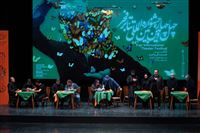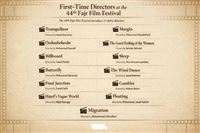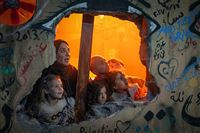Live
فارسی
عربي
ورود از طریق شبکه های اجتماعی
- استفاده مختص کاربران دارای هویت واقعی محرز شده نزد این پایگاه میباشد.
- این سایت در ستاد ساماندهی و بخش جرائم رایانهای دادگستری به ثبت رسیده است.
- گزارش تخلفات احتمالی این سامانه توسط کاربران الزامی می باشد
- کاربران باید طبق قوانین این سامانه که برگرفته از قوانین جرائم رایانه ای می باشد فعالیت کنند
- نام کاربری شما تکراری می باشد

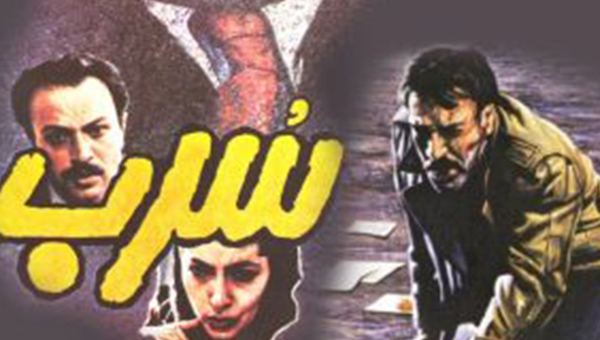
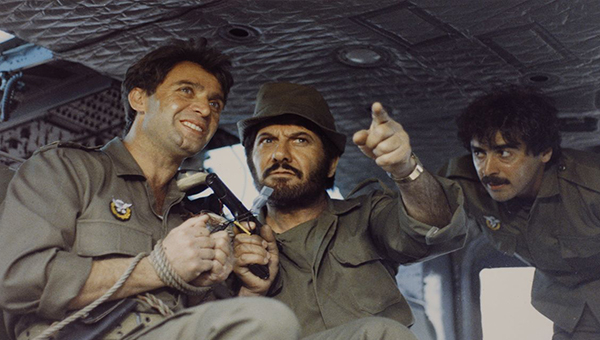

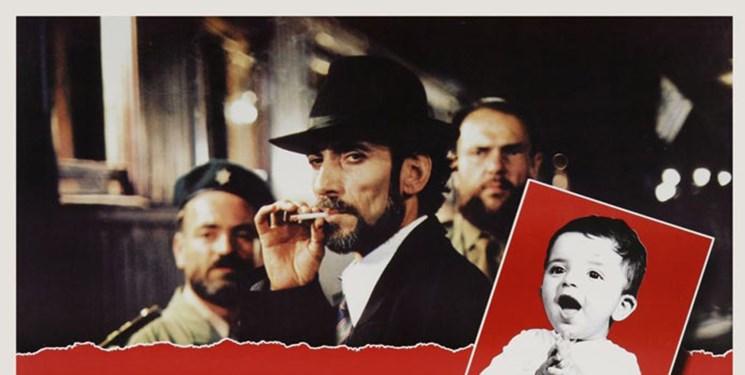
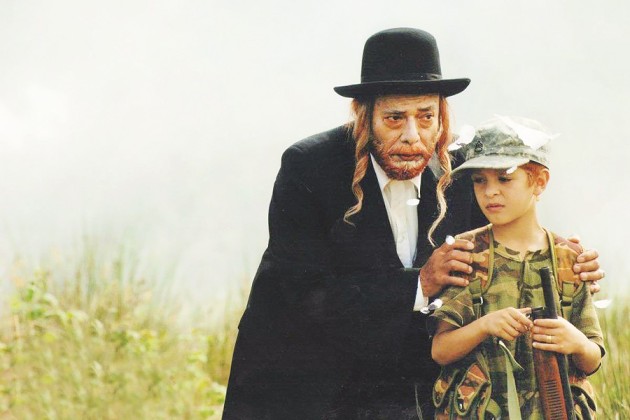

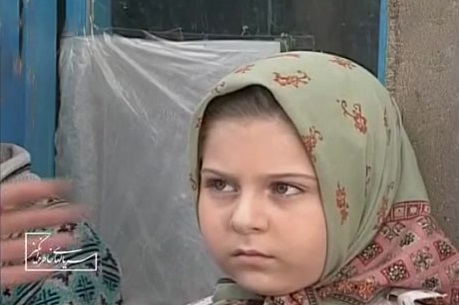
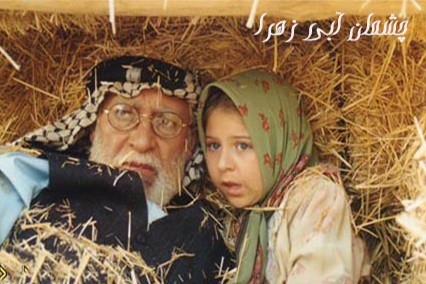
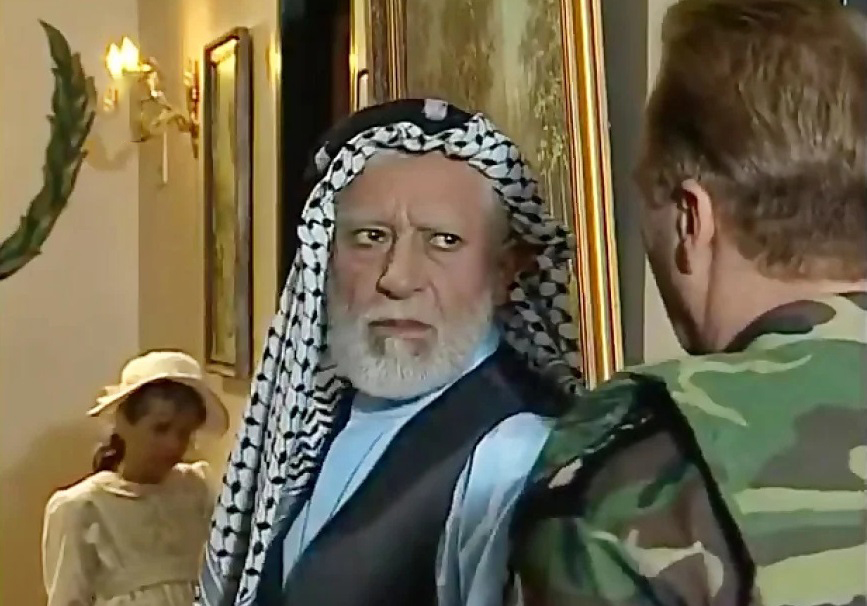
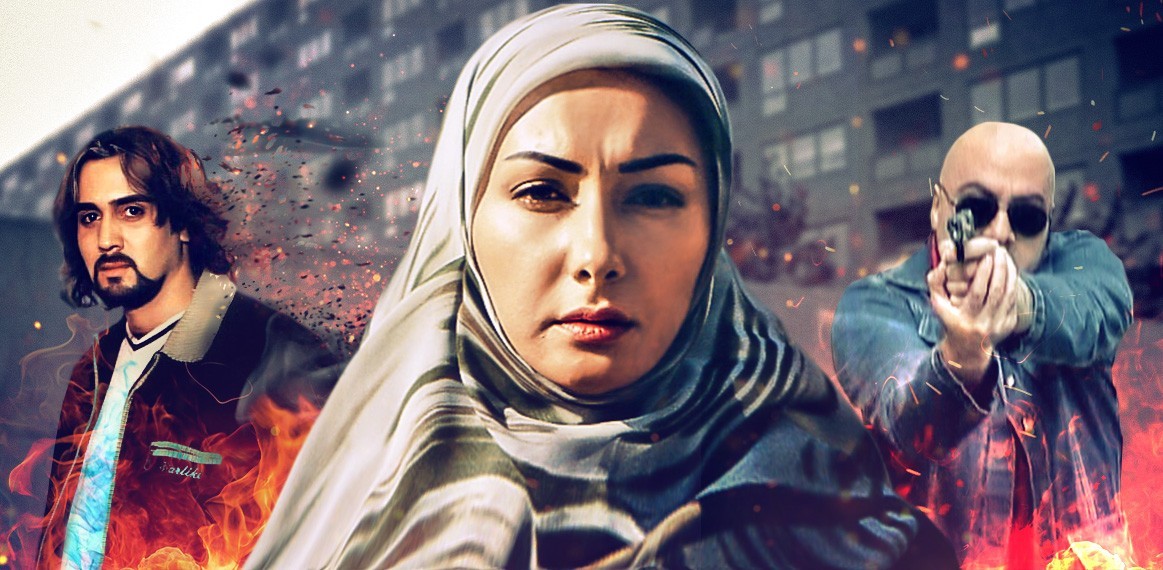
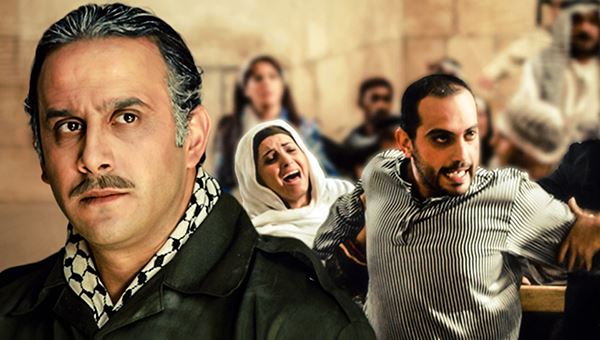
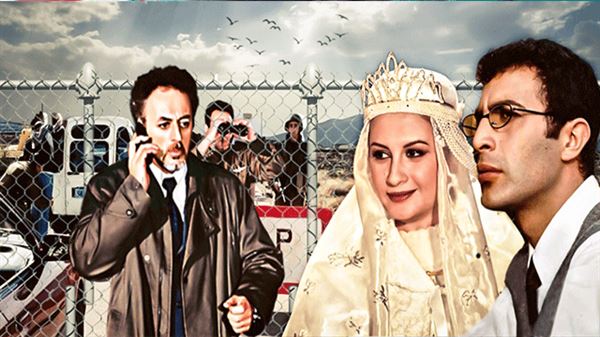
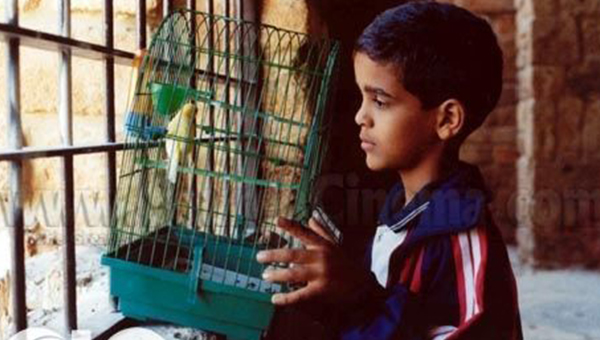

 These Iranian films have not only contributed to the cinematic landscape but have also offered diverse perspectives on the Palestinian occupation by the Zionist regime, highlighting the enduring significance of this historic event.
These Iranian films have not only contributed to the cinematic landscape but have also offered diverse perspectives on the Palestinian occupation by the Zionist regime, highlighting the enduring significance of this historic event.



